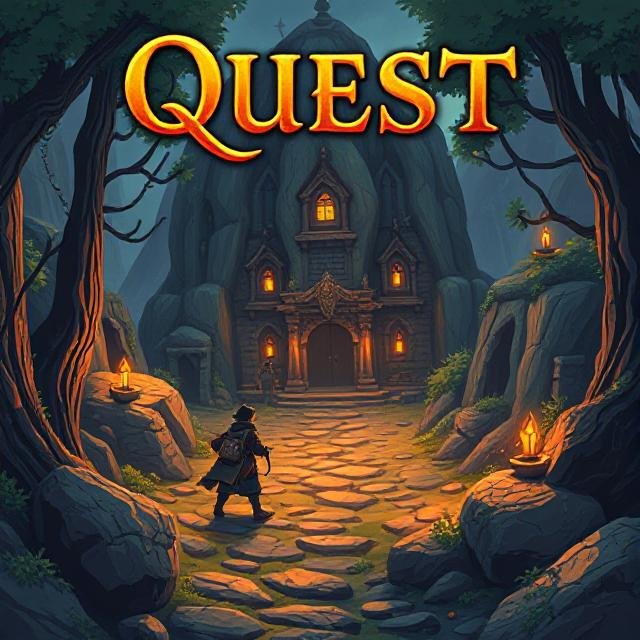Artificial Intelligence (AI) has made great strides in improving how non-playable characters (NPCs) behave in video games. NPCs are no longer static background figures; they can now react dynamically to the player’s actions, making the game world feel more alive and responsive. This level of sophistication is especially apparent in open-world games, where NPCs contribute to the richness and immersion of the game environment.
In open-world games like Red Dead Redemption 2 and The Witcher 3, NPCs follow daily routines, interact with each other, and respond to the player’s choices in meaningful ways. For example, NPCs in Red Dead Redemption 2 may greet the player differently based on past interactions, or react to the player’s appearance and actions in a way that feels authentic. These small details contribute to a living world that evolves with the player’s decisions.
AI is also utilized to enhance pathfinding and environmental interaction. NPCs can navigate complex terrains, avoid obstacles, and take shelter when necessary, making the world feel more fluid and realistic. In Assassin’s Creed Odyssey, NPCs can also be seen engaging in complex activities like fishing, farming, or training, and the player can interact with them in various ways to either aid or disrupt their routines.
The level of complexity AI can achieve in open-world games adds depth and immersion that would have been impossible just a decade ago. In the future, we can expect even more intelligent NPCs, capable of not only reacting to player actions but also adapting to the world around them, ensuring a dynamic and engaging experience for players.

Leave a Reply